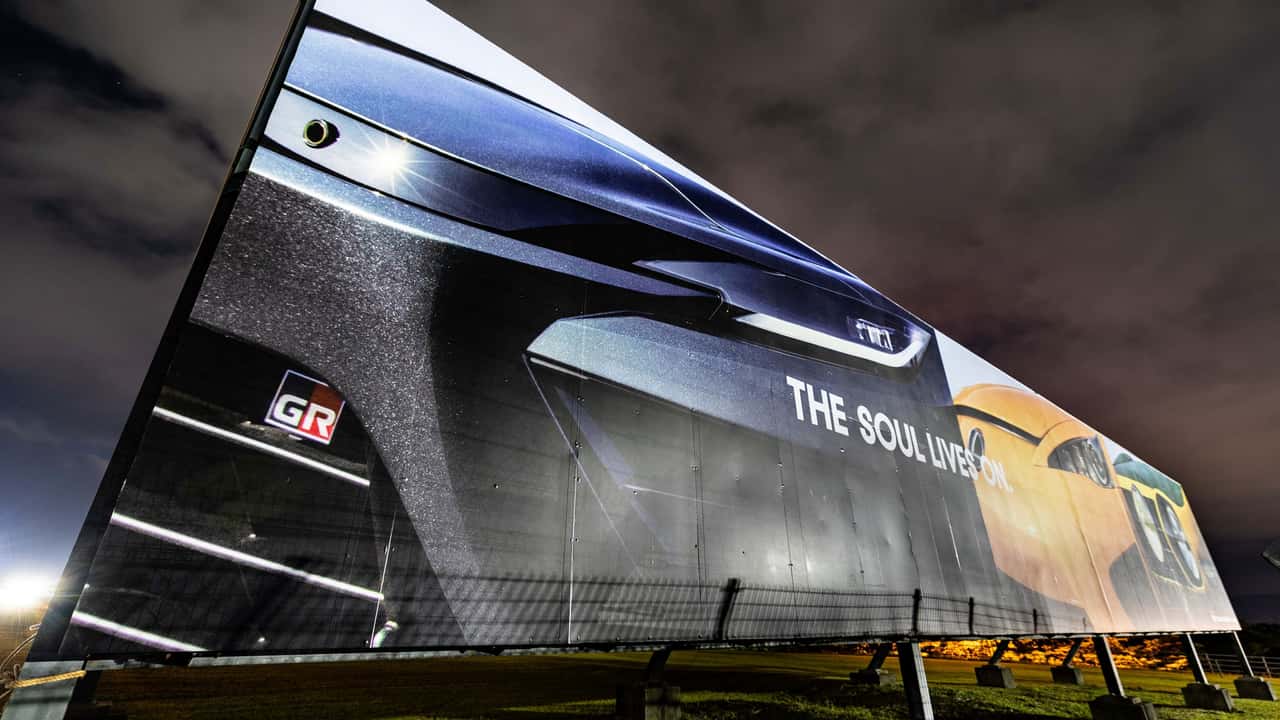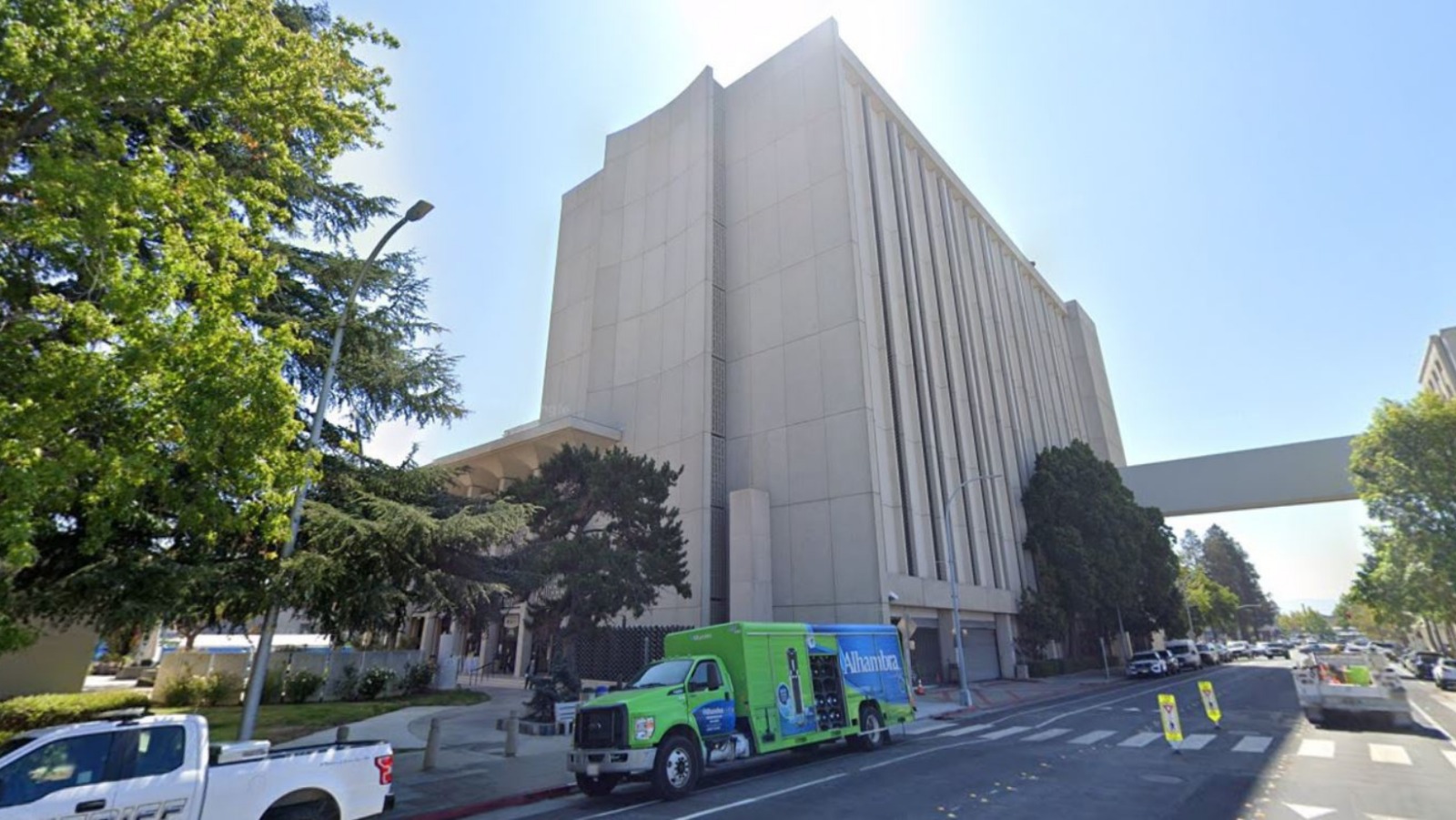URGENT UPDATE: Toyota’s groundbreaking new V-8 engine is poised to extend its reach beyond just supercars, potentially powering a range of vehicles, including the renowned Land Cruiser (LC300). In a revealing interview with Drive magazine, Toyota’s head of powertrains, Takashi Uehara, confirmed that the engine could fit under the hood of the iconic SUV, signaling a major shift in the automotive landscape.
Uehara disclosed that the V-8’s engine block shares modularity with Toyota’s new 2.0-liter engine, known as the “G20E,” currently being tested in the prototype GR Yaris M. This compatibility suggests that the V-8 can be adapted for various applications, enhancing Toyota’s ability to innovate across its lineup.
What makes this news even more compelling is the V-8’s potential to be engineered as a diesel engine, complete with a full hybrid setup. Uehara did not confirm whether Toyota’s ultra-luxury brand, Century, would adopt this powertrain, but given its flagship status, it seems likely.
The V-8 in question is a twin-turbo 4.0-liter unit, effectively combining two 2.0-liter four-cylinder engines. This new engine will debut in the upcoming production version of the Lexus Sport Coupe and is expected to power the anticipated Toyota “GR GT,” set to be unveiled on December 4.
Why the emphasis on a V-8? Uehara explained that while power figures are still under wraps, engineers are targeting over 400 hp for the turbocharged 2.0-liter. There are also rumors of an electrically assisted V-8 capable of producing an astounding 900 hp, although official confirmation from Toyota, Gazoo Racing (GR), or Lexus is pending.
The implications of this development are significant. As Toyota seeks to comply with stringent emissions standards, the hybridized V-8 is designed to fit seamlessly into larger vehicles, including the Land Cruiser (LC250, LC300), Sequoia, and Tundra. Uehara clarified that the V-8 will be used in non-plug-in hybrid models, stating, “We don’t rely on the PHEV system,” which positions it favorably for mass-market adoption.
This strategic move indicates Toyota’s intent to achieve economies of scale with its new engine, shifting focus from low-volume supercars to mainstream vehicles. The potential inclusion of the V-8 in popular models could enhance their appeal and performance, making it a game-changer for the automotive industry.
Stay tuned for more updates as Toyota continues to innovate and redefine its powertrain offerings. The automotive world is watching closely to see how this V-8 engine could reshape the future of performance vehicles.







